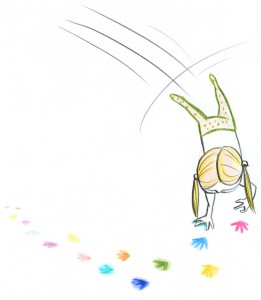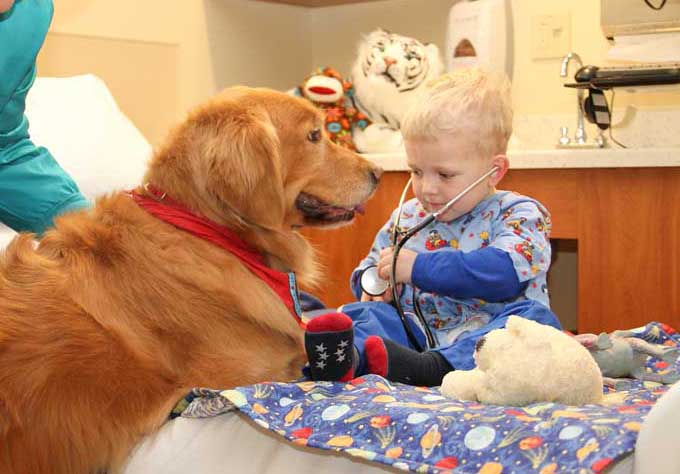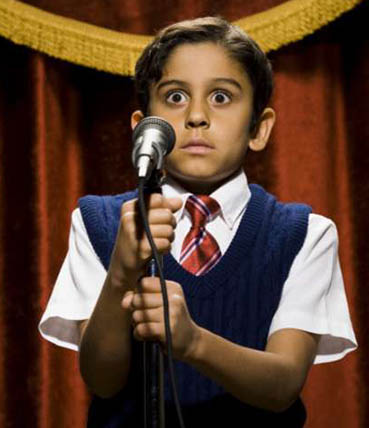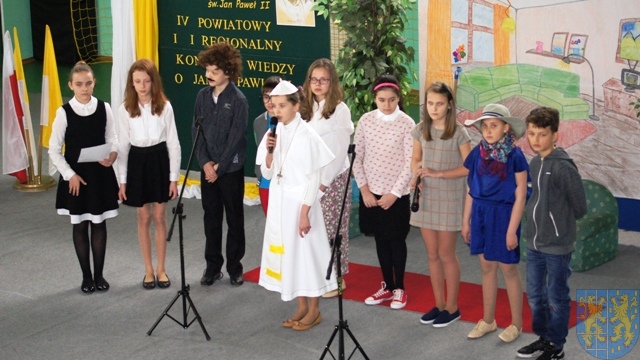A democratic school is nothing more than a community of equals, building relationships based on mutual respect, directing their own education in a way that derives from their needs, curiosity, predispositions and interests.
Basing this community on such foundations as co-decision about the school and managing one's own education makes it possible, that it does not resemble a typical system school environment. It is much more like a Saturday afternoon with family or friends, when learning occurs through the performance of various activities.
Learning in a democratic school is understood as the acquisition and development of skills necessary for life and takes place in the course of everyday activities. It includes the so-called. academic skills and knowledge of the core curriculum, but not limited to them. Sometimes it also means unlearning - habits, which no longer serve us, attitudes, which are not conducive to the realization of their needs and goals and establishing satisfying relationships.
How does it happen, how are we doing? What we do, to provide the conditions for such learning?
By convention, three types of activities can be distinguished, which are conducive to building a community of people
learners:
- School democracy
- Educational activities
- Arranging the educational space
1. Demokracja szkolna oparta jest na przekonaniu o równości wszystkich członków community i, briefly speaking, it is their co-decision for school. Pozwala uczniom doświadczyć podmiotowości (“My voice is heard, my needs, boundaries and decisions - respected; I am an important member of the group ") and responsibility for their decisions. Decisions are discussed and made at the school meeting, nazywanego również rally the in a circle. It is a form of meeting of the school community, taking place regularly at school. It concerns e.g.. current community affairs, making decisions important for the school, conflict resolution, setting norms for coexistence in a group, supporting its members in achieving their goals. Anyone can speak during the meeting, and the decision is made jointly after listening to everyone and taking into account each vote. The meeting may be led by a mentor (an adult) or a student. The lecturer is selected by the community each time. Szczególną funkcję w społeczności pełni mentor. It is an adult permanently employed by the school. He has high communication skills and passion. He is curious about the world, knows how to learn and is able to share his passion with others. Being the direct tutor of the students, supports them in the process of discovering their passions, setting goals and achieving them. The mentor facilitates the communication process, community building and school decision making. It also helps students to direct their own learning, and if necessary, he shares his knowledge or acquires it together with the student.
2. Kolejną formą nauki są educational activities, wynikające z potrzeb codziennego życia in school and the curiosity of children and adults. W szkole demokratycznej uczą się wszyscy – uczniowie i nauczyciele. Learning lasts a lifetime, it is a way of being in the world and its foundation is experiencing everyday life - in contact with yourself, in relationships with others, in undertaken activities. These classes may take the form of individual work, project implementation, excursions, reading, fun or structured lessons. The choice of the form of learning depends on individual needs, predispositions and abilities of the learner.
3. The third way, the way in which we create the conditions for voluntary learning is arranging the educational space. Chodzi tu zarówno o to, that the space of the school building is conducive to personal and individual work, spending time together or seclusion, as well as about it, to inspire you to ask questions, search and action. The school space is a meeting place, a place to share the products of your work, with your thoughts, works of art, experiments. It can also be home, where letters hidden in important places encourage toddlers to learn to read and write, and the box with the cake left in the kitchen forces you to face fractions and divisions (how to divide a cake equally between everyone?). The maps hanging on the wall encourage you to plan your trip and explore the secrets of geography, the paintings arouse interest in art, and the ubiquitous bookshelves and soft cushions invite you to the world of reading. Invited guests will show a variety of professional paths and ways of life, and hide and seek will stimulate imagination and creative thinking. Spontaneously improvised dancing may be the best PE lesson in the world, and the garden behind the house will allow you to enjoy games and activities in the open air.
Studying in a democratic school never begins and never ends - it happens all the time.







